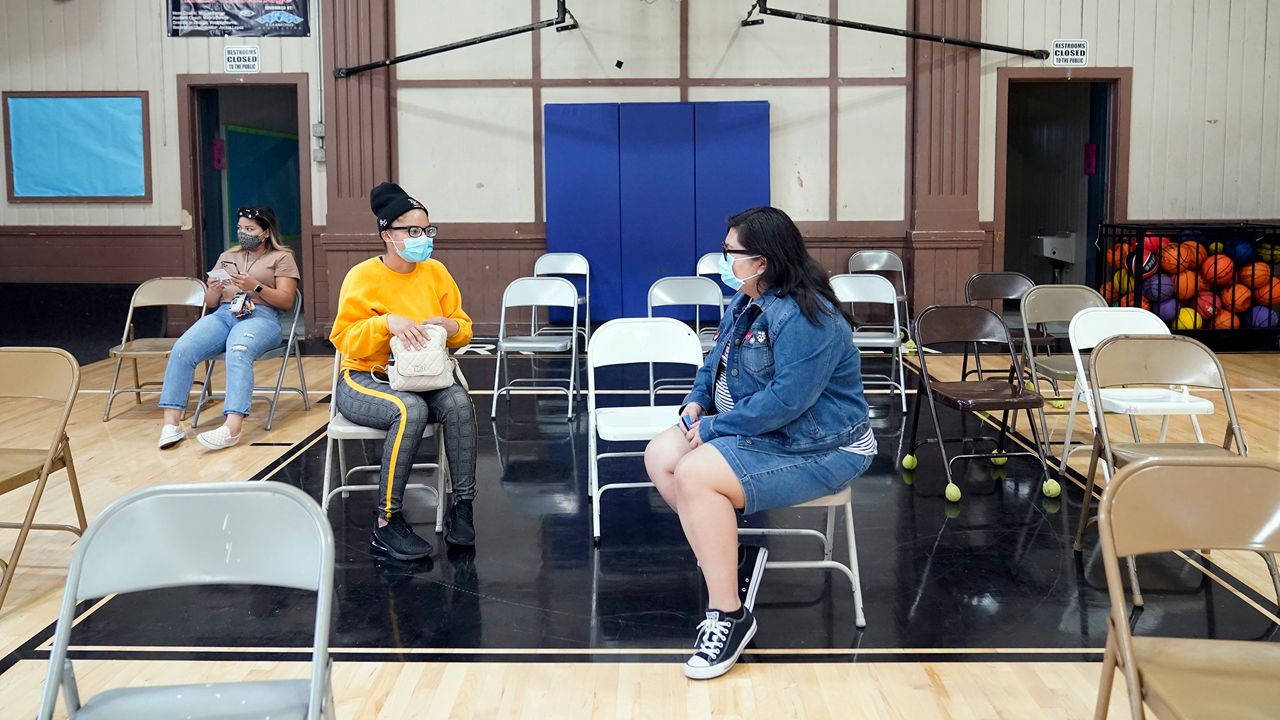COLUMBUS, Ohio — The Ohio House of Representatives passed a bill Thursday that would prohibit public and private entities from requiring a vaccine that has not received full approval by the Food and Drug Administration.
The provision was added as an amendment Thursday to Sub Senate Bill 111, which allocates $422 million in federal coronavirus relief. The bill passed 60 to 34.
The coronavirus vaccines available in the U.S. have received emergency use authorization, however they have yet to be fully authorized.
The measure would prevent schools and businesses from requiring COVID-19 vaccines before getting full FDA approval.
Rep. Ron Ferguson, R-Wintersville, who introduced the amendment, explained how it works:
"This amendment does two things: 1) To the extent permitted by federal law and notwithstanding any conflicting provision of the revised code, a private or public entity shall not require an individual to receive a vaccine for which the United States Food and Drug Administration has not granted full approval and 2) Prohibits discrimination of an individual based on their own personal medical decision to take a vaccine which has not received full approval by the United States Food and Drug Administration," he said.

Rep. Beth Liston, D-Dublin, spoke out against the amendment. She said the bill will increase vaccine hesitancy at a critical moment in the immunization effort.
"This amendment is harmful and undermines the public trust and the rigorous scientific process that went into the emergency use authorization," she said. "It hinders the hands of those who are working so hard to keep people safe," said Liston.
Prohibiting the differentiating of individuals based on vaccination status would make it harder for hospitals to keep their patients safe, she said, noting that health care facilities are following different protocols for vaccinated and unvaccinated patients.
Ferguson said the amendment defends the individual rights of Ohioans.
"It's particularly important to ensure that no person faces any kind of discriminatory treatment based on vaccination status," he said. "I trust Ohioans to make the best choice for themselves and their families in consultation with their doctors."
The Ohio Hospital Association said in a statement it is opposed to the amendment out of concern for the safety of its patients.
"We are collaborating with our members and partners to continue discussions with policymakers to reach a workable compromise," the association said.
The Ohio Senate will have to review the amended bill before it would head to Gov. Mike DeWine's desk for his signature into law.



